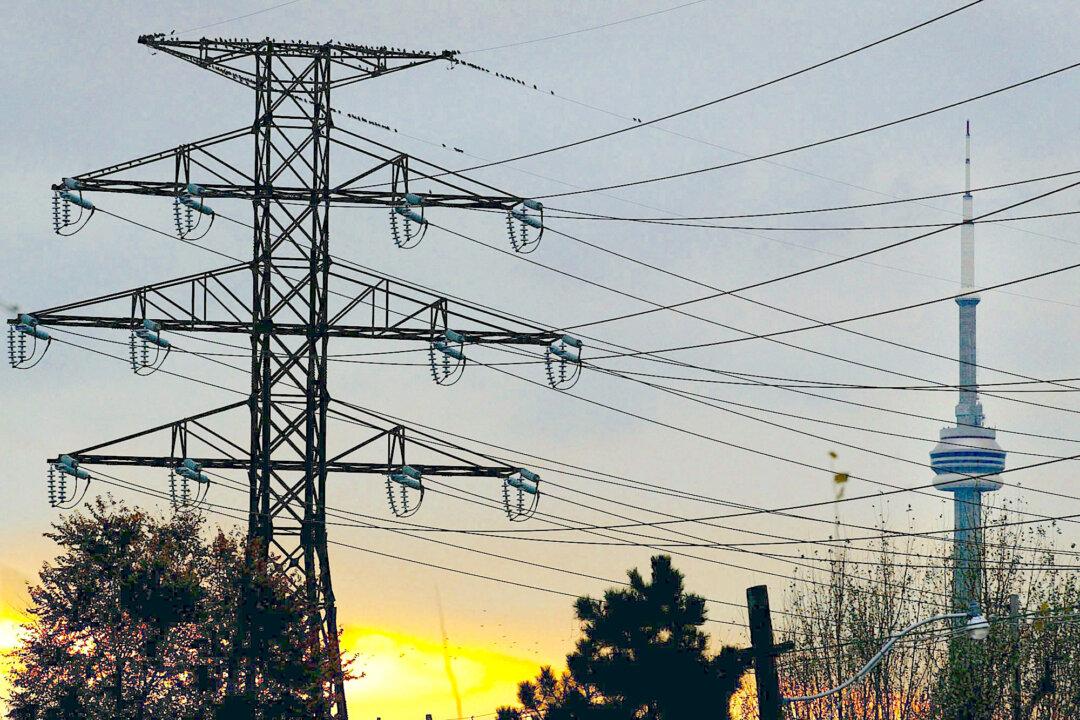Ontario Premier Doug Ford has vowed his province will cut off energy exports to the United States if President-elect Donald Trump moves ahead with 25 percent tariffs on all Canadian products. But how will Ford’s threat of an energy moratorium impact the United States?
Ford met with Canadian Prime Minister Justin Trudeau and other provincial premiers on Dec. 11 to discuss the country’s response to Trump’s threat to impose a 25 percent tax on all products entering the U.S. from Canada and Mexico unless the countries shore up their borders to address the flow of illegal migrants and drugs.





